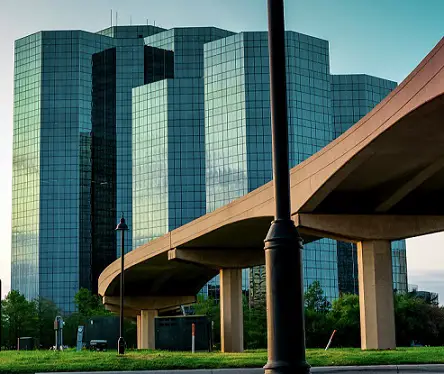Deutsche Bank has issued a warning, predicting that this year will see a cycle of booming economic activity turning to a bust, possibly set off by an imminent wave of corporate defaults, particularly in the US and Europe.
The bank says that defaults will become more commonplace than they have been in the last 20 years, in its annual study released on Wednesday.
According to the study, default rates will peak in the fourth quarter of 2024, with peak default rates to hit 9% for high-yield US debt, 11.3% for US loans, 4.4% for European high-yield bonds, and 7.3% for European loans.
The study also estimated that the US loan peak default rate would approach an all-time high, compared to a peak of 12% during the 2008 financial crisis, and 7.7% during the dot-com bubble in the late 90’s.
The economists from Deutsche who composed the study wrote, “Our cycle indicators signal a default wave is imminent. The tightest Fed and ECB policy in 15 years is colliding with high leverage built upon stretched margins. And tactically, our US credit cycle gauge is producing its highest non-pandemic warning signal to investors, since before the GFC [Global Financial Crisis].”
The study noted that the magnitude and duration of the cycle could be surprising to observers, adding, “Although our forecasts just presume a return of the Boom Bust cycle, not a GFC-style shock.”
Deutsche warned that the tightening of monetary policy by the central banks, including the US Federal Reserve and the European Central Bank, as they continue to combat persistent inflationary forces, are raising the risks of a global recession. Germany, the largest economy in the EU, has already entered a recession.
The study concluded, “We suspect the next recession will be the first since the US tech bubble to inflict more pain on credit markets than the real economy. Corporate leverage is elevated. And global credit markets derive more of their revenue from manufacturing and the sale of physical goods than the real economy at large.”

